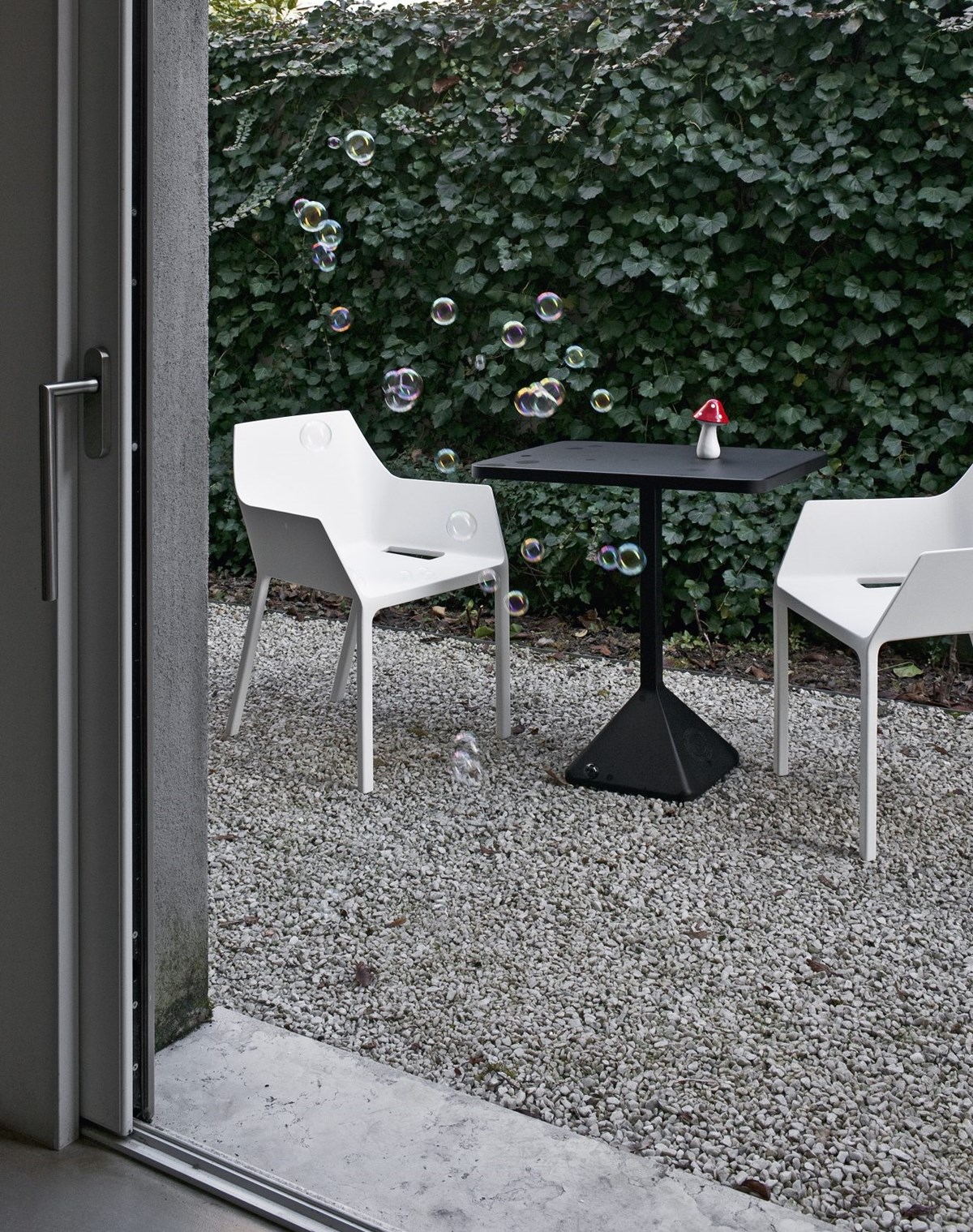Mem Chair
- Designer:
- Christophe Pillet
- Brand:
- Kristalia
We don't appear to have any products related to your search term. Please try again.
Shipping and discount codes are added at checkout.
Christophe Pillet is a French designer renowned for his clarity of expression and pursuit of simplicity, which form the core principles of his work.
His designs embody elegance, sensuality, and refinement, earning him global recognition across diverse fields such as architecture, furniture, product design, and art direction. Pillet’s work has been integral to prestigious projects worldwide, including hotels, boutiques, and art direction for brands like Lacoste, Jean-Claude Jitrois, Catherine Malandrino, and Lancel.


Christophe Pillet’s portfolio spans a wide range of projects, from directing design for Lacoste to long-term collaborations with Driade, Cappellini, Emu, Porro, and Serralunga. His work blends precision with high-voltage chic, seen in iconic spaces like Hotel Sezz in St. Tropez and Maison Blanche in Fez, as well as his global transformations of Lancel boutiques. Pillet’s designs balance sophistication, functionality, and sensuality, with an emphasis on simplicity that engages the senses.
Pillet often bridges fashion, architecture, and design, collaborating with Catherine Malandrino and Jean-Claude Jitrois. His international success in Japan, the US, and Great Britain reflects his universal appeal and material sensitivity.
Starting in Milan at the Domus Academy and later joining the Memphis group, Pillet shaped avant-garde design. After contributing to Starck agency, he founded his own in 1993, earning Designer of the Year at the Salon du Meuble de Paris. His background in music and art influences his dynamic approach to design, blending creativity with practicality in projects that continue to evolve globally.